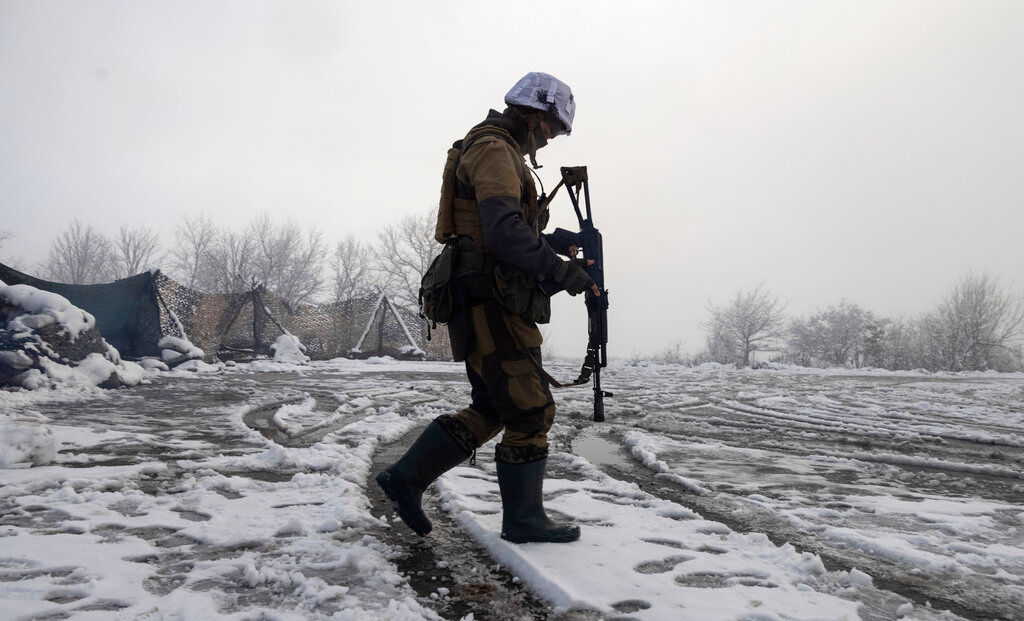A deadly cyberattack hit a number of Ukrainian government websites, leaving them unavailable. While the perpetrator’s identity remains unclear, the move comes amid heightened tensions between Russia and Ukraine, with talks between Moscow and NATO failing to yield any results.
Oleg Nikolenko, the spokesperson for the Ukrainian Foreign Ministry said it was too soon to say who might be behind the attack. He spoke to The Associated Press, saying, “But there is a long record of Russian cyber assaults against Ukraine in the past”. Previously, Moscow had denied involvement in cyberattacks in Ukraine.
Also Read | NATO warns Russia of ‘severe costs’ if Ukraine attacked
The onslaught impacted the country’s Cabinet, seven ministries, the Treasury, the National Emergency Service and the state services website, where Ukrainians’ electronic passports and vaccination certificates are stored. The websites, which became unavailable, contained the message “Be afraid and expect the worst. This is for your past, present and future”. It appeared in Russian, Ukrainian, and Polish, warning citizens that all their personal data had been leaked into public spheres.
Also Read | US and Russia hold talks amid Ukraine tensions
However, the country’s State Service of Communication and Information Protection stated that there had been no such breach. Further, Mykhailo Fedorov, Ukraine’s minister for digital transformation, assured that personal data was safe, since the attack target website operation and not the registries. Moreover, administrators blocked some of the attacked websites as a way to contain and investigate the attack. Fedorov added that a significant part of the affected websites is now restored.
Also Read | Explained: Main issues at Russia-US security talks
Russia has a long and chequered history of launching cyberattacks against Ukraine, which include hacking the voting system before the nation’s elections in 2014, hacking the country’s power grids in 2015 and 2016, and the deadly hack using NotPetya virus in 2017, which affected businesses, leading to a $10 billion in damage globally.
Interestingly, Ukraine has recently resorted to Twitter to bring attention to the rising tensions with Russia, quite uniquely.
Expert opinion states that a significant cyberattack from Russia would help Putin destabilize Ukraine and dissuade it from joining NATO, without having to deploy troops.
[Edited with AP inputs]







